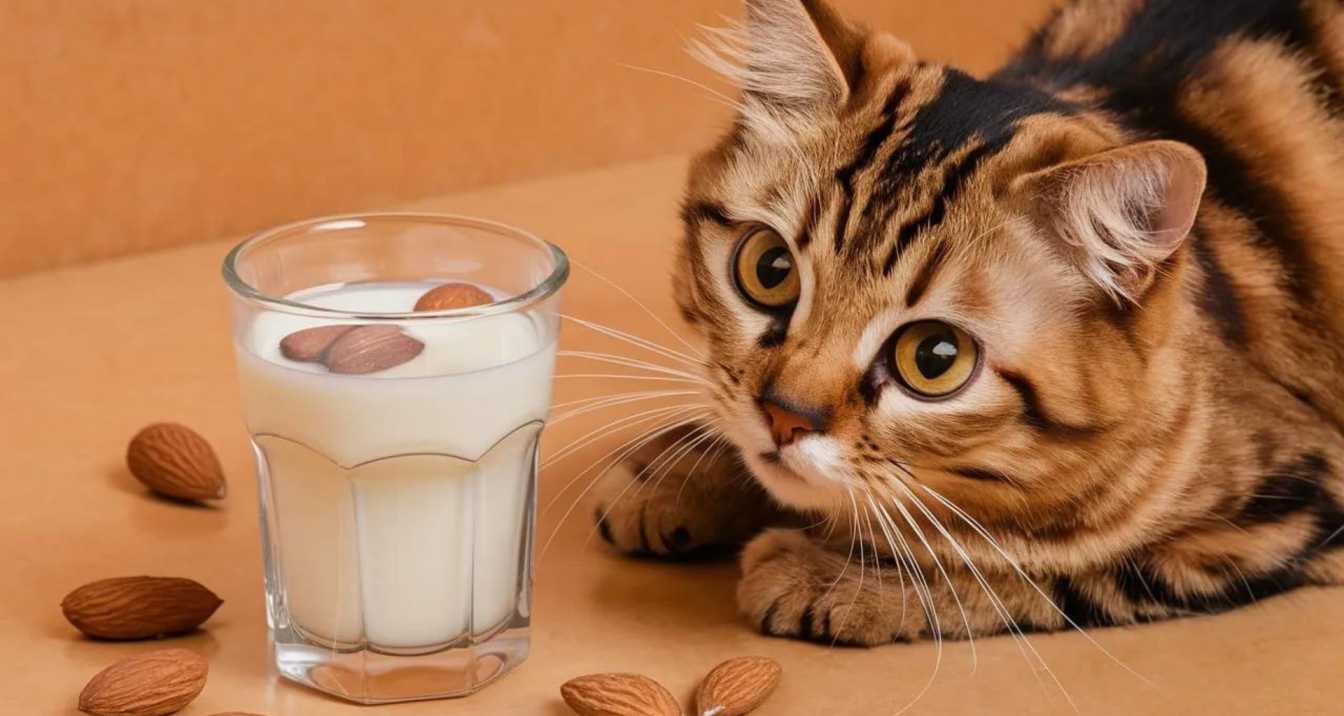As pet owners, we often wonder about the best dietary choices for our furry friends. One common question is, “Can cats have almond milk? The experts reveal all!” This article will provide you with the necessary information to make an informed decision about whether almond milk is a safe option for your cat.
Can cats have almond milk? The answer is that cats can technically drink almond milk, but it is not an ideal choice. Almond milk does not provide the essential nutrients that cats need and may cause digestive issues if consumed in large quantities. It is always best to consult with your veterinarian before introducing any new food or drink into your cat’s diet.
What is Almond Milk?
Almond milk is a popular plant-based milk alternative made from almonds. It is created by blending almonds with water and then straining the mixture to remove the solids. This process results in a creamy, nutty-flavored beverage often fortified with vitamins and minerals to enhance its nutritional profile.
Ingredients in Almond Milk
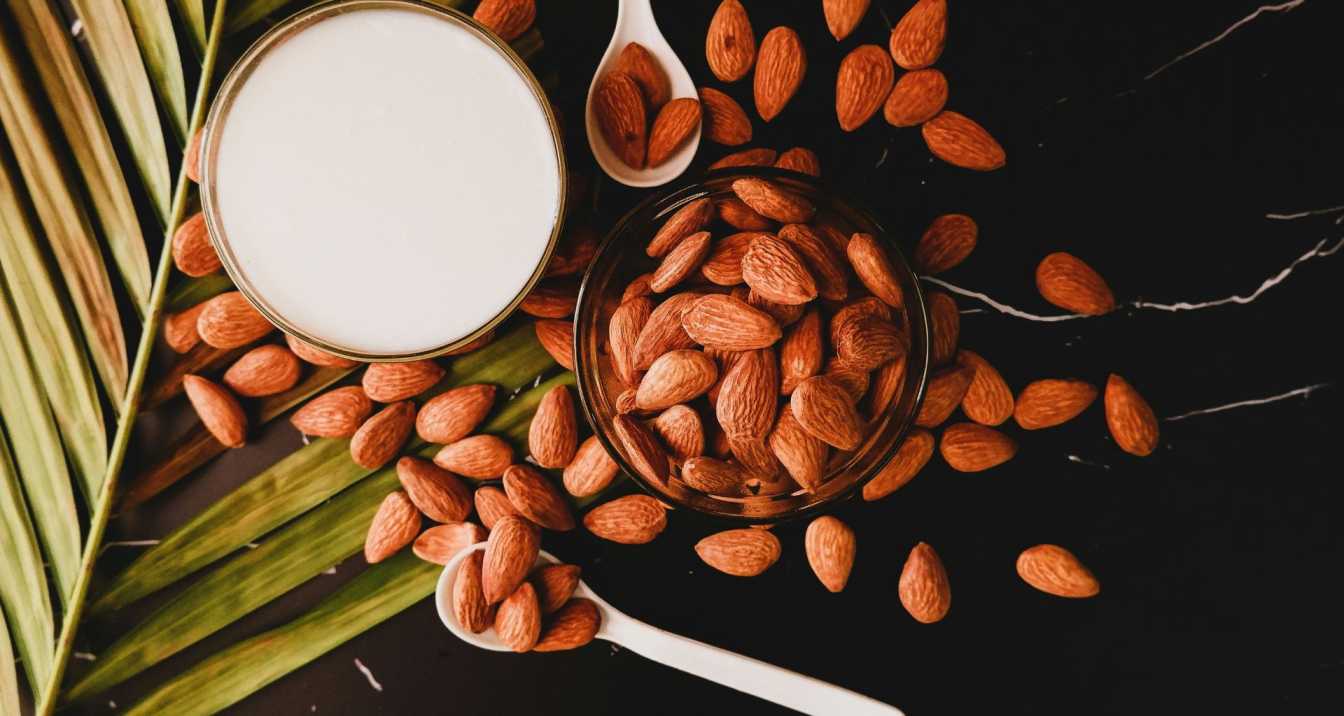
The primary ingredients in almond milk are
Almonds The main component, providing the base flavor and nutritional content. Water is Used to blend with the almonds and create the milk. Sweeteners Many commercial almond milk brands add sweeteners like cane sugar or agave syrup to enhance flavor. Vitamins and Minerals Fortification with calcium, vitamin D, and vitamin E is common to make the milk more nutritious.
Comparison to Other Types of Milk
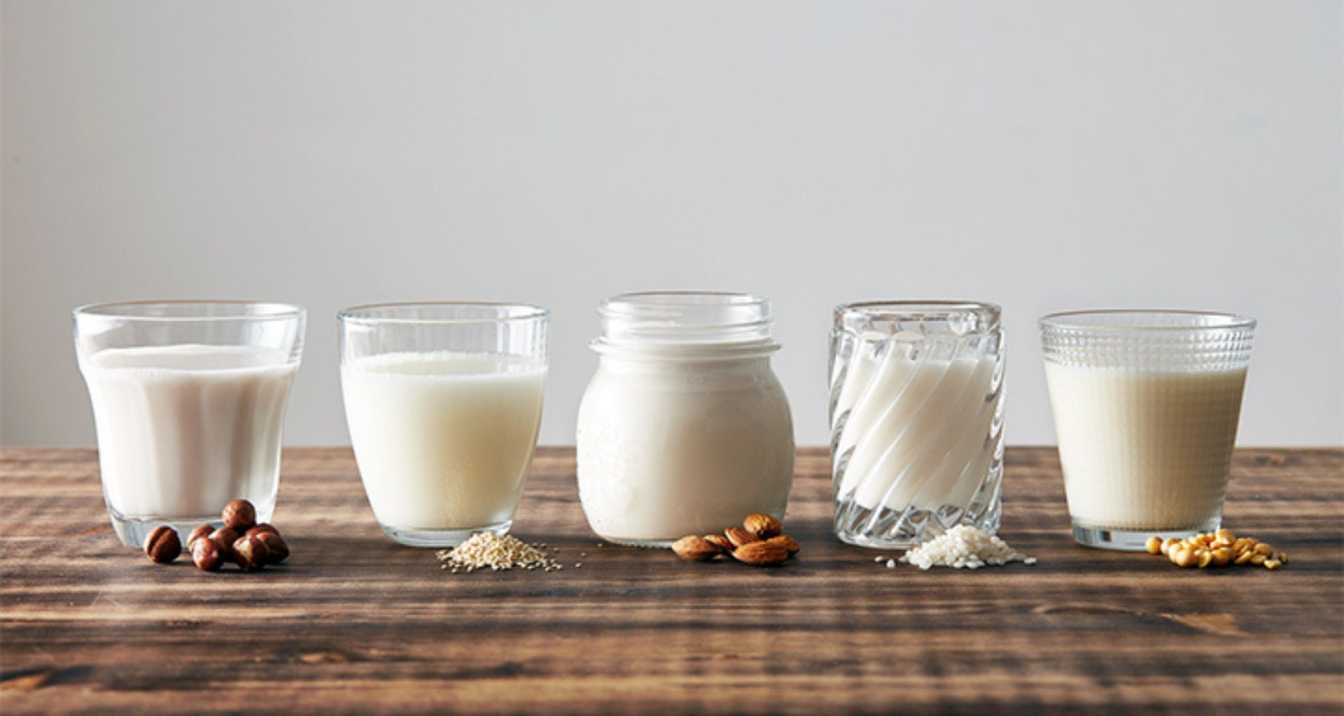
When comparing almond milk to other types of milk, it’s important to consider the nutritional content and how it matches up to the dietary needs of cats.
Read more: Can Cats Eat Cinnamon
Cow’s Milk Traditional cow’s milk is rich in calcium and protein but contains lactose, which many cats have difficulty digesting. This can lead to digestive issues like diarrhea and upset stomachs. Lactose-Free Milk This type of milk is specifically treated to remove lactose, making it a safer option for lactose-intolerant cats. It retains the beneficial nutrients found in regular cow’s milk without causing digestive problems.
Nutritional Content of Almond Milk
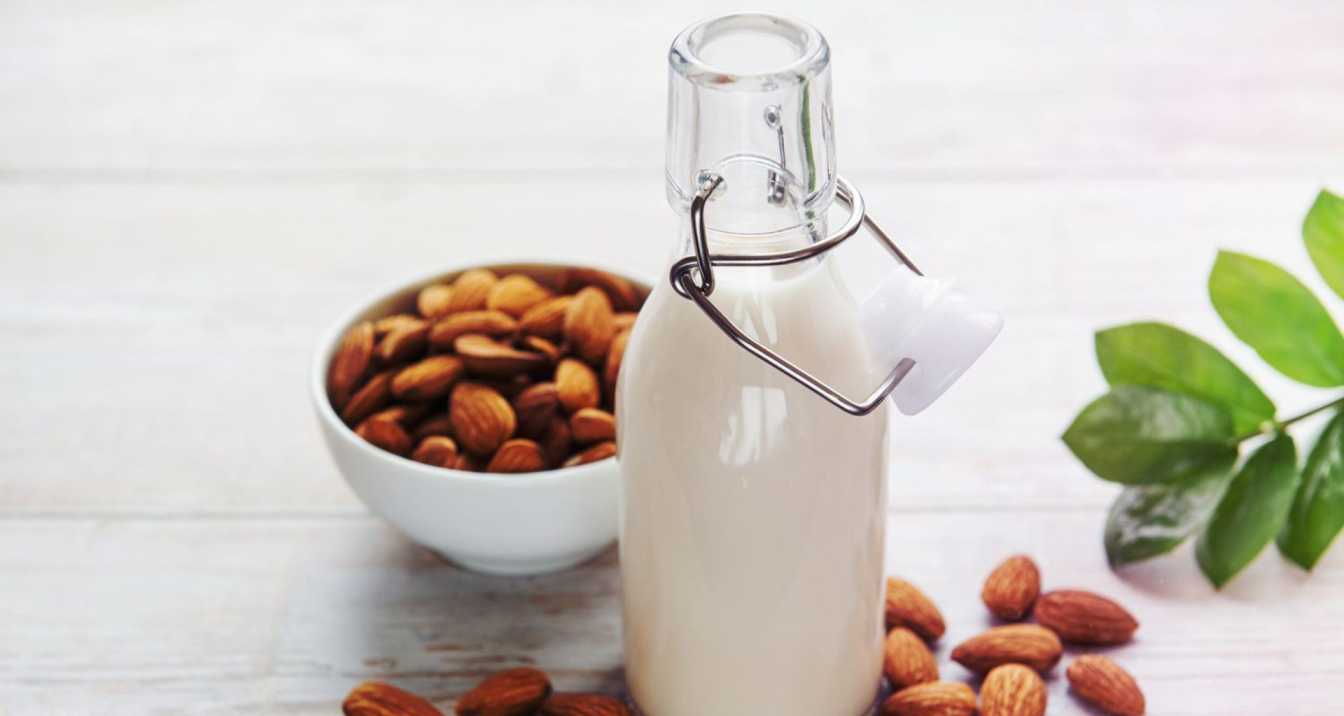
Understanding the nutritional content of almond milk is crucial when considering it for your cat. Almond milk is low in calories, protein, and fat, which does not align with the dietary needs of cats. Although it is often fortified with vitamins D, E, and calcium, these nutrients are not in forms that cats can easily use.
Comparison to Feline Dietary Needs
Cats are obligate carnivores, requiring animal-based proteins and fats. Almond milk lacks essential nutrients like taurine, animal protein, and healthy fats. Regularly feeding your cat almond milk could lead to nutritional deficiencies and health issues. It’s important to provide foods specifically designed to meet the nutritional requirements of cats.
Is Almond Milk Safe for Cats?
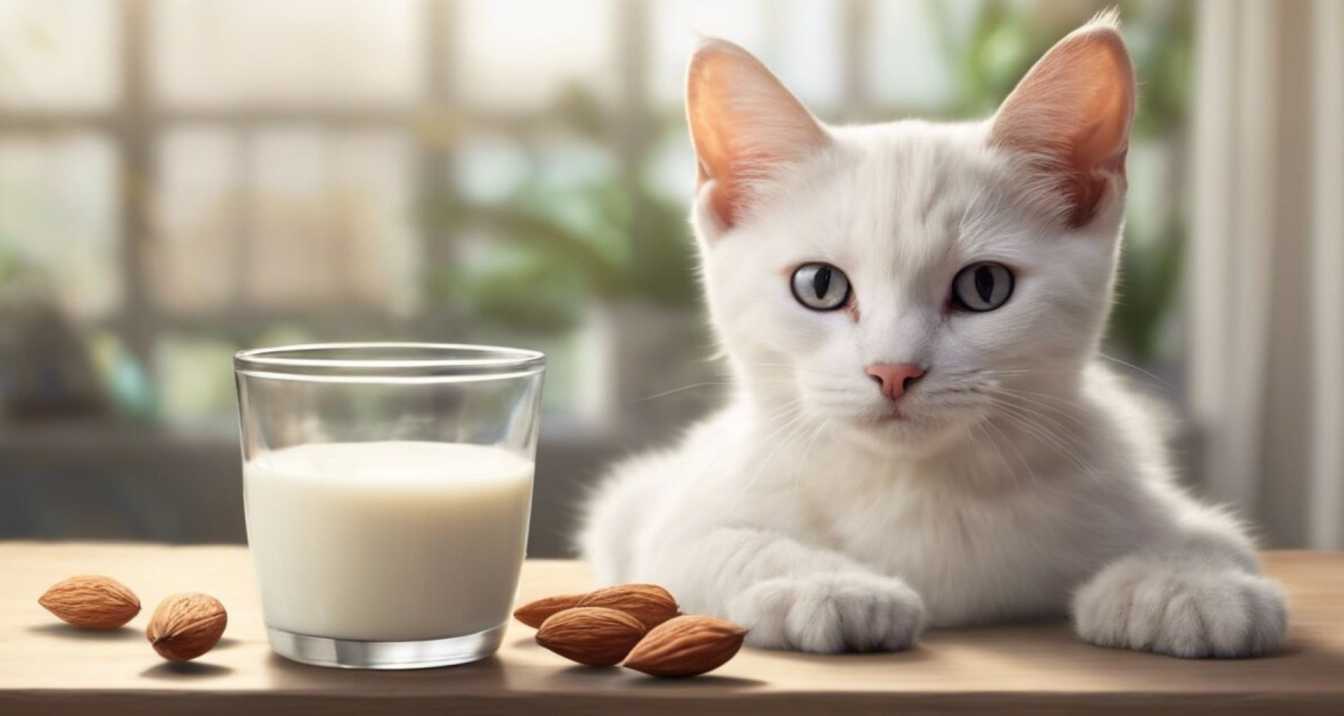
When considering whether almond milk is a safe option for your cat, weighing expert opinions and potential benefits and risks is essential.
Expert Opinions
- Many veterinarians suggest that almond milk is not toxic to cats but should be given in moderation.
- Experts highlight that while small amounts might not harm your cat, regular consumption is not advisable due to its nutritional inadequacies.
- Consultation with a veterinarian is recommended before introducing almond milk or any new food into your cat’s diet.
Potential Benefits and Risks
- Potential Benefits:
Can serve as a rare treat if your cat enjoys the taste.
May be useful for cats that are lactose intolerant, as it does not contain lactose.
- Risks:
Almond milk lacks essential nutrients such as taurine, necessary for your cat’s health.
Can cause digestive issues like diarrhea or stomach upset if consumed in large quantities.
The presence of sweeteners in some commercial brands can be harmful to cats.
How Does Almond Milk Affect Cats?
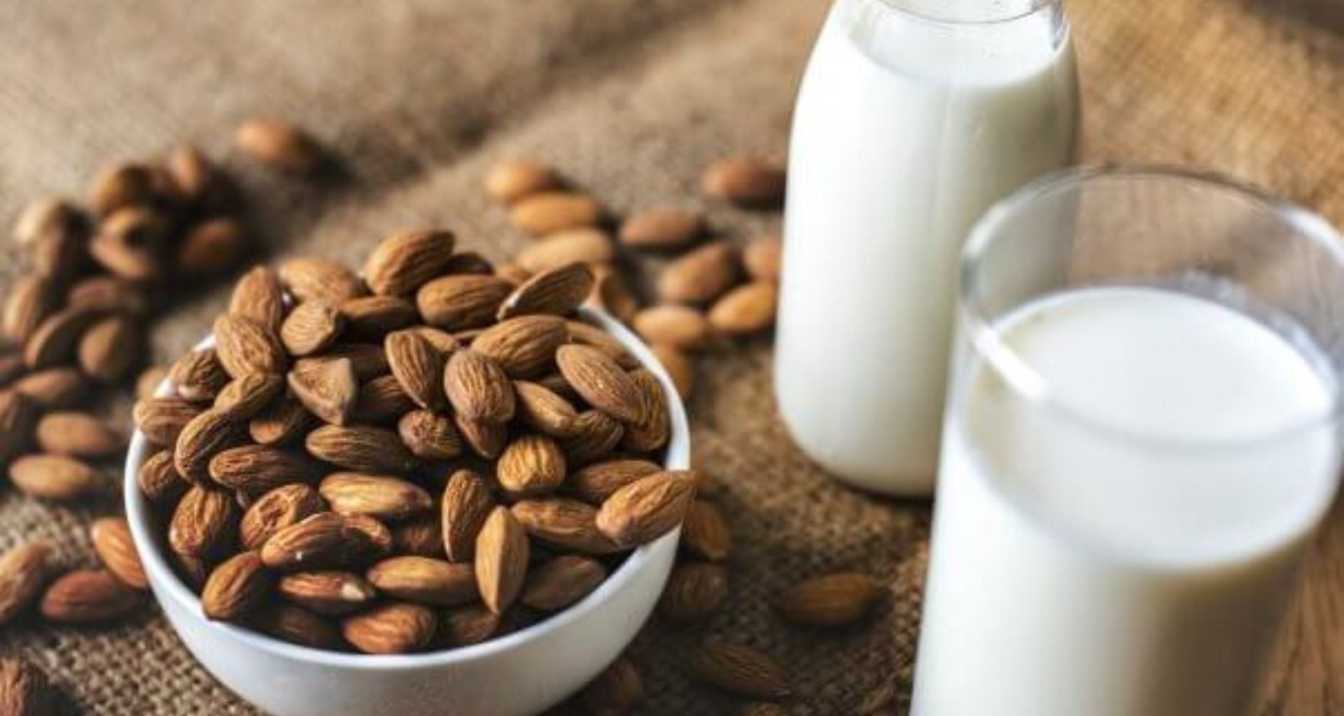
Understanding how almond milk affects cats is crucial for pet owners considering it as a treat. While it’s not toxic, almond milk can cause several issues due to its composition. Cats consuming almond milk may experience digestive issues like diarrhea or stomach upset, as their digestive systems are not designed to process plant-based milk.
Common Reactions and Side Effects
- Digestive Issues: Cats consuming almond milk may experience diarrhea or stomach upset. This is because their digestive systems are not designed to process plant-based milk.
- Allergic Reactions: Some cats may have allergic reactions to almonds, leading to symptoms like itching, swelling, or respiratory issues.
- Lack of Nutrients: Regular consumption of almond milk can result in nutritional deficiencies since it lacks essential nutrients like taurine and adequate protein, crucial for a cat’s health.
Long-term Health Impacts
Over time, the lack of proper nutrients in almond milk can lead to serious health issues, such as weakened immune systems and poor muscle development. Furthermore, some almond milk brands contain added sugars, contributing to weight gain and related health problems like diabetes in cats. While an occasional small amount of almond milk might not harm your cat, it’s essential to prioritize foods that meet their dietary needs to ensure their long-term health and well-being.
Alternatives to Almond Milk for Cats
When pet owners ask, “Can Cats Have Almond Milk? The Experts Reveal All!”, it’s important to consider safer and more nutritious alternatives for their feline friends. Here is a table summarizing the recommended options and their benefits:
| Milk Alternative | Description | Nutritional Benefits |
| Lactose-Free Milk | Suitable for lactose-intolerant cats, providing essential nutrients without causing digestive issues. | – Retains beneficial nutrients<br>- Easier to digest than regular milk |
| Specially Formulated Cat Milk | Designed to meet cats’ nutritional needs, including essential taurine. | – Contains taurine<br>- High in protein<br>- Better digestibility |
| Goat’s Milk | Easier to digest than cow’s milk and richer in nutrients. | – Contains taurine<br>- Higher protein levels<br>- Rich in nutrients |
Veterinarian Advice on Cats and Almond Milk
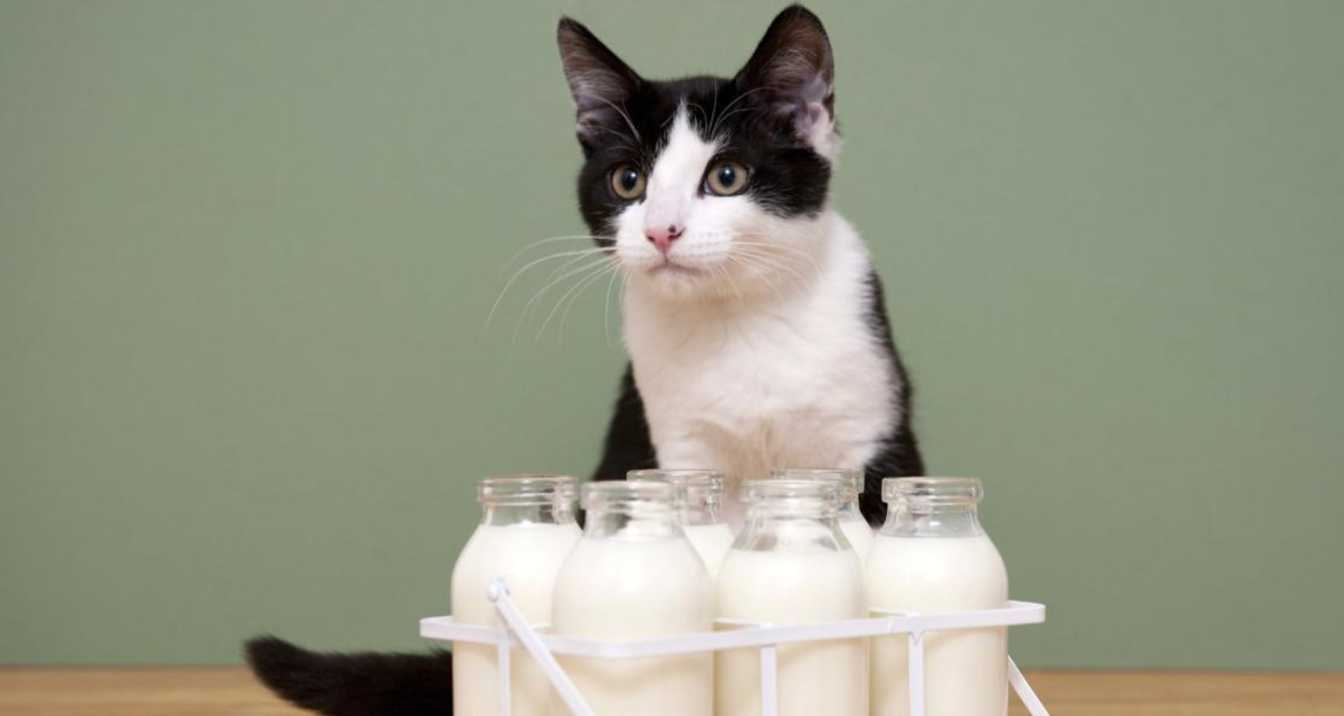
Importance of Consulting a Vet
Consulting a veterinarian is essential before introducing any new food or drink to your cat’s diet. Vets can determine if almond milk is suitable, identify potential risks like digestive issues or allergies, and recommend safer, more nutritious alternatives.
Personalizing Your Cat’s Diet
Vets can create tailored nutrition plans to ensure your cat receives the necessary nutrients, monitor their health during regular check-ups, and adjust dietary recommendations based on health status and lifestyle changes.
Conclusion
In summary, when asking, “Can Cats Have Almond Milk? The Experts Reveal All!”, it’s important to consider both the benefits and risks. While almond milk is not toxic to cats, it lacks essential nutrients and can cause digestive issues or allergic reactions. Veterinarians advise against regular consumption due to its nutritional inadequacies.
FAQ
| Are there any benefits to giving cats almond milk?
A: The primary benefit of almond milk is that it is lactose-free, which can be helpful for lactose-intolerant cats. However, it still lacks essential nutrients, making it a less ideal option compared to other alternatives. |
| What should I do if my cat drinks almond milk and gets sick?
A: If your cat shows signs of illness after drinking almond milk, such as vomiting, diarrhea, or lethargy, contact your veterinarian immediately for advice and treatment. |
| How much almond milk is safe for a cat?
A: If you decide to give your cat almond milk, it should only be in very small amounts and occasionally. Regular consumption can lead to nutritional deficiencies and digestive issues. |
| Can almond milk cause allergies in cats?
A: Yes, some cats may be allergic to almonds, which can cause symptoms like itching, swelling, or respiratory issues. |
